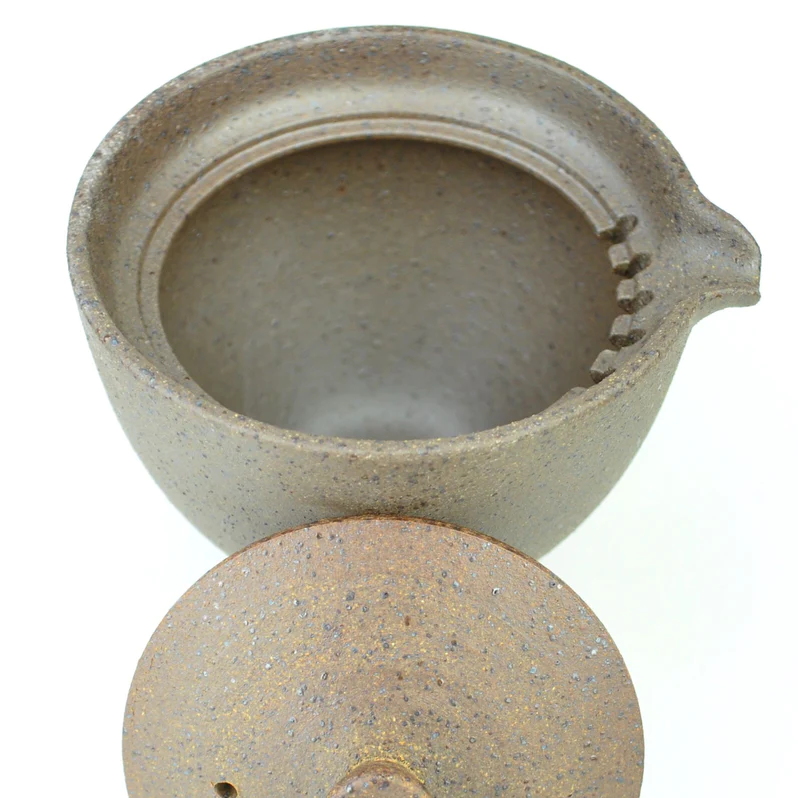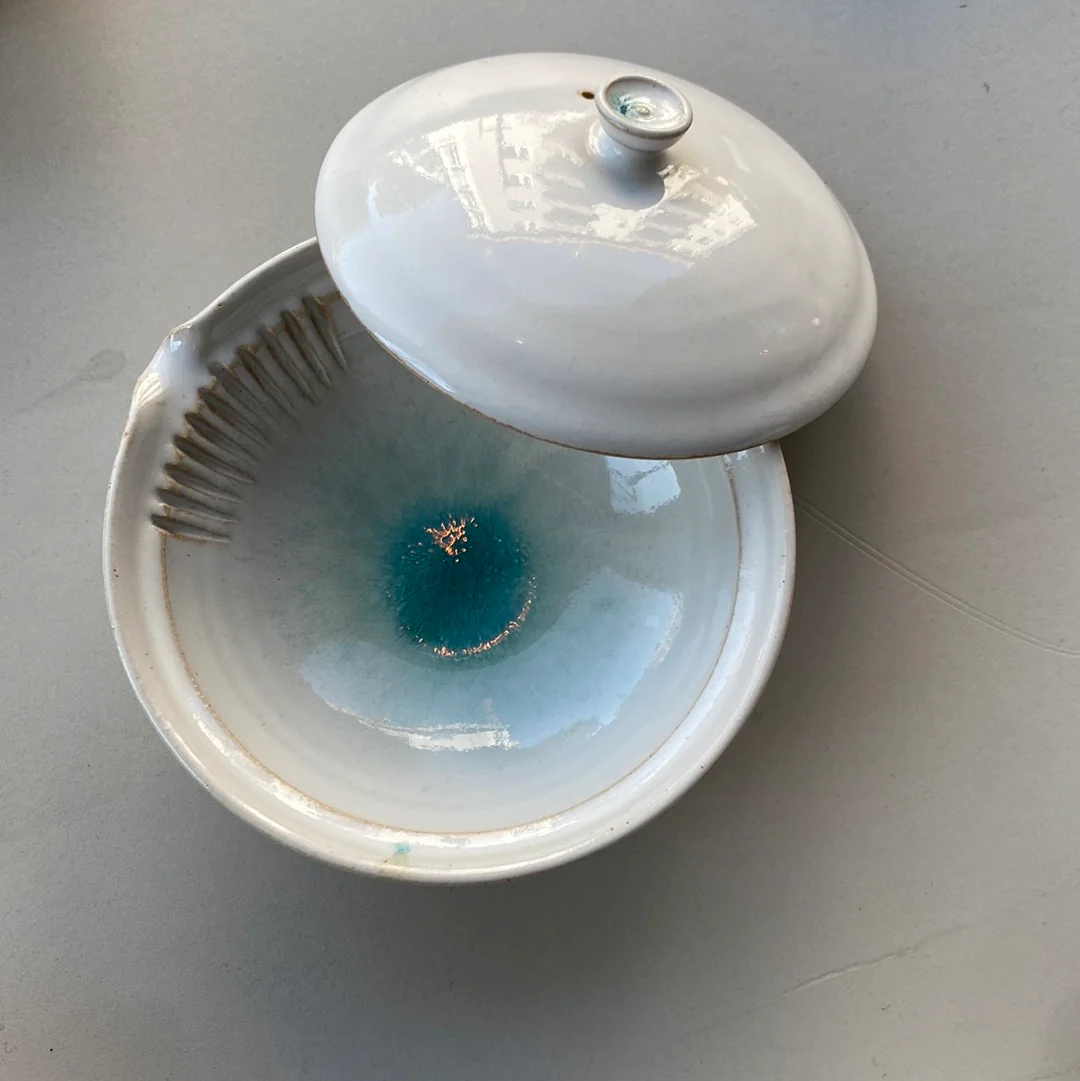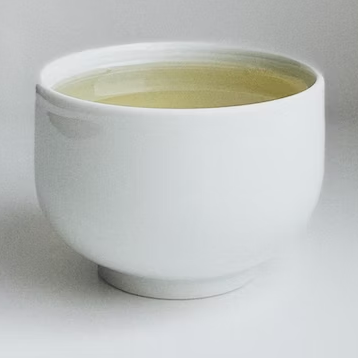I’d consider myself proficient with using a gaiwan now, but I wasn’t for the first few years of my tea journey. I was scared of them.
That’s not going to filter the tea properly. That looks uncomfortable to use. I’m gonna burn myself!
At first, I used tea infusers that sit in your cup. These bothered me for a few reasons: some tea types don’t expand and steep well in a confined space; they clogged constantly; and they can be annoying to clean.
I then took my first baby step towards gaiwans - with an “easy” gaiwan. It was a nicer experience, but still had some of the same issues: it tended to clog and was annoying to clean. It has a lip that is difficult to clean under. And it actually lets quite a bit of tea bits through.
Similar to this one:

After a few years, I got my first gaiwan for cheap, and I’m so glad I did! It was just easier. You can keep the lid mostly closed and it somehow filters tea bits better than my “easy” gaiwan. It’s soooo easy to clean. Now, I do actually use a filter sometimes to catch fine tea dust, but I don’t actually need to.
I’m sure gaiwans are synonymous with loose leaf tea for many people, but they aren’t common where I am in the US. So for anyone who hasn’t tried one, I say give it a try!
– PS - One cool looking kind of teaware I have yet to try is a shiboridashi. This looks like a better version of my “easy” gaiwan:



I too use a gaiwan. When I got in to gong fu brewing, I first bought a glass teapot that has a metal strainer in the spout.
While it’s nice to look at while your leaves brews inside it, it’s somewhat annoying to use and clean. The strainer let’s small bits through, so you need some kind of filter unless you like those leaf bits in your cup. Small leaf pieces gets stuck in the metal strainer. The spout is so narrow you need some kind of tool to clean it. The lid is annoying to clean. And because it’s glass, you see any stains that forms over time. Stains can be removed, but it takes some extra effort.
Gaiwan on the other has so simple form that it’s super easy to clean. Most of the leaves will fall off when you turn it upside down and give it a shake. The rest you can dig out with your fingers. You can also see the leaves because the opening is so wide, and it let’s you “play” with the leaves using the lid. You can, for example, move the leaves around so that they will steep more evenly.
It takes a while to learn to use gaiwan properly. It might burn your fingers. You will most certainly spill the tea all over the place. But once you get the hang of it, it’s a really nice way to make tea.
I haven’t owned a teapot like that, but I’ve worried about the concerns you gave. Being easy to clean matters a lot to me, since I want to drink tea every day, and difficult cleaning can discourage me from making it. That pot also seems to force larger brews.
I relate to all of your points about gaiwans. Well said.
I do actually burn myself sometimes and spill some tea around. It’s just so easy to use and clean though - as you said, by hand even. I do also enjoy connecting with my tea more closely - moving it around, looking at an unfurled leaf.
Pictures are deceiving, and I didn’t specify the size. It’s 180ml teapot. It’s called Hario Asian teapot. I think it’s discontinued, but there’s a newer model which has a metal fine mesh filter instead of that metal spiral. Fill it to the bottom of the spout and it’s about 100ml, which is great for gong fu brewing. Fill up to the bottom of the lid and it’s 180ml. But yea… after I got my gaiwan, I haven’t used it.
Ah, ok. Thanks for the info.
The newer one is like this? If so, this forces you to fill even more. The picture you first showed may be better, in my opinion.
One thing about teapots like these is that they could be useful for group sessions. But really, I still prefer gaiwans for a group. To get more tea, I just bring out more gaiwans and serve multiple types at once.
I actually meant this Hario Glass Jumping Teapot:
But as said, images are deceiving, and it turns out that that pot comes as 500ml and 800ml variations. Hario Europe doesn’t seem to sell small teapots anymore, but some vendors might have other, smaller, models.
Oh wow, interesting. I’ve never seen a pot filter like that. Thanks for looking that up.
That looks more useful to me, if the filter design actually works well.